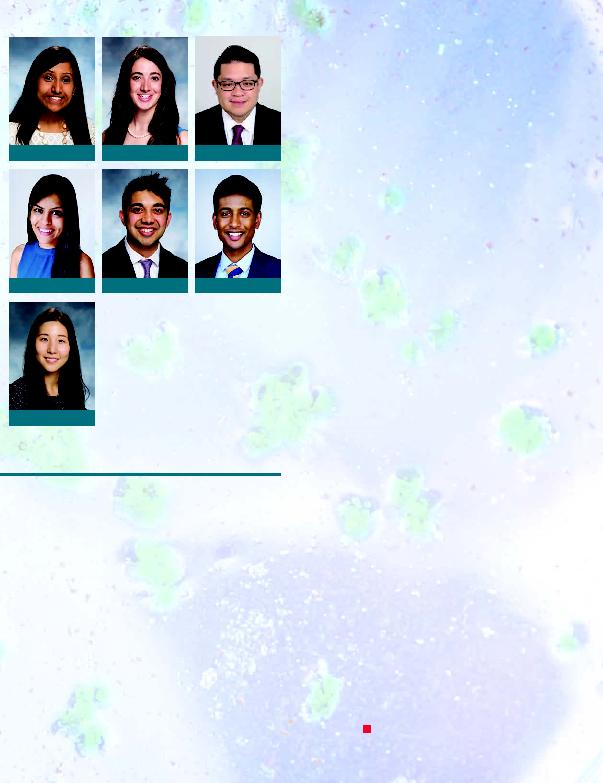
the start of the project. The student team developed the research
protocol and prepared the necessary documentation for IRB
review.
virus disease (EVD)--versus respiratory transmission--Middle
East Respiratory Syndrome (MERS).
quate time to complete the inventory at the beginning of class,
producing an outstanding 92 percent response rate.
tory routes for which the student would still be willing to
adhere to work roles and responsibilities. In addition, the
questionnaire elicited the reasons behind the reported WTW,
such as personal safety and risk to family, assessed the respon-
prior experience as a first responder.
Characterizing the Findings
and by individual health care field--medicine, nursing,
health and more willing to work during infectious disease out-
breaks with contact transmission than during disease out-
breaks transmitted via the respiratory route.
dents were the most fearful for their health and also the most
knowledgeable about infectious diseases. Prior disaster train-
ing was associated with greater WTW across the entire group
of questionnaire respondents.
would be appropriate personal protective equipment to keep
them safe from infection. It is important to note that, of the
three schools, only the medical school provided curriculum
content, albeit minimal, in disaster preparedness and response.
directly compare WTW among students of medicine, nurs-
ease outbreak--contact- or respiratory-transmitted--were to
occur, medical, nursing, and pharmacy students would be willing
to work in situations of highly lethal illness. This willingness is
dependent on the extent of their knowledge of the disease and
the availability of personal protective equipment.
hope that publication of the results of this study will serve as
motivation nationally to incorporate more disaster education
into health care curricula. "Rima and Kapil and their student
research team colleagues are to be congratulated for taking
this project from concept to completion," says Dr. Lacy, "and
for finding and disseminating results that may influence health
care education across the country and, ultimately, our nation's
preparedness to respond to disasters."
new teams of health care students are already working with
Dr. Lacy on novel projects to advance disaster preparedness
and response.